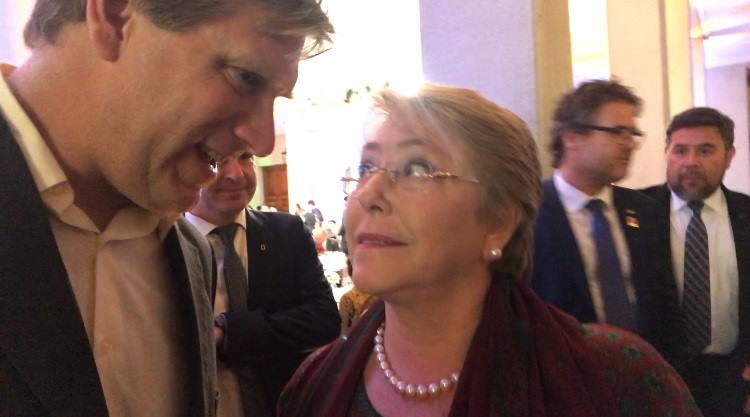As we hear more and more about the upcoming Winter #Olympics in a few weeks, let’s remember the idea for a future Transhumanist Olympics: http://www.sfchronicle.com/opinion/openforum/article/Embrace…211040.php #transhumanism
The 2016 Paralympics, which began this week in Rio de Janeiro, is bringing together 4,500 athletes to compete in 23 sports from wheelchair fencing to swimming to hand biking.





